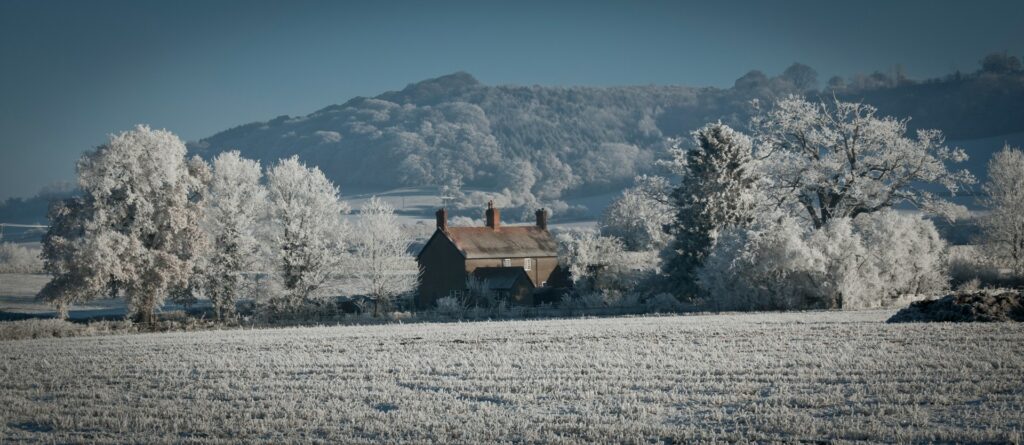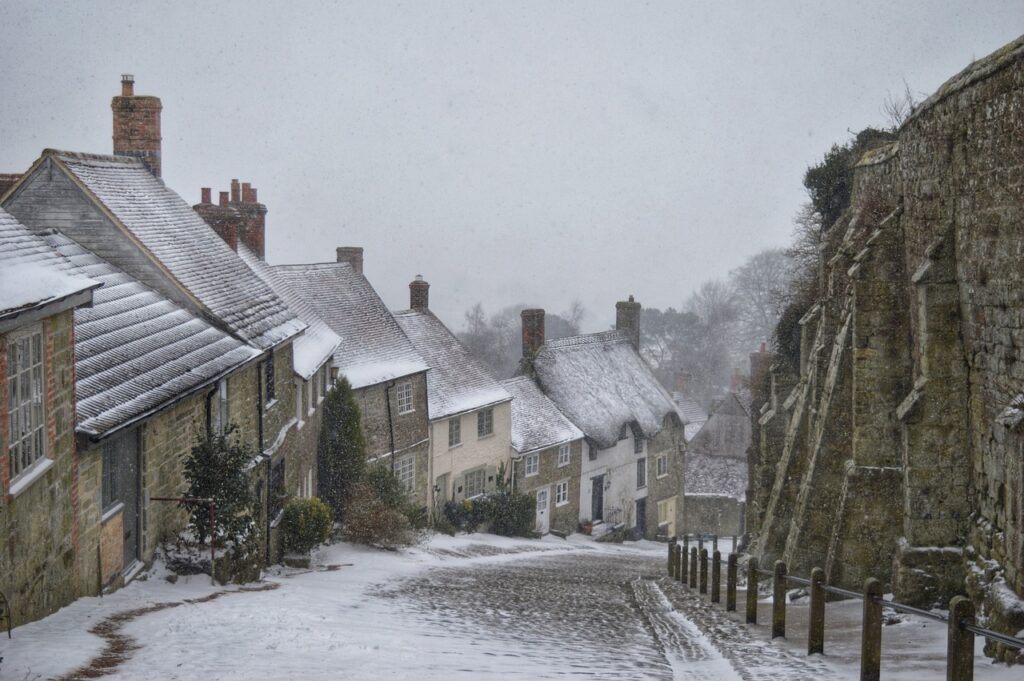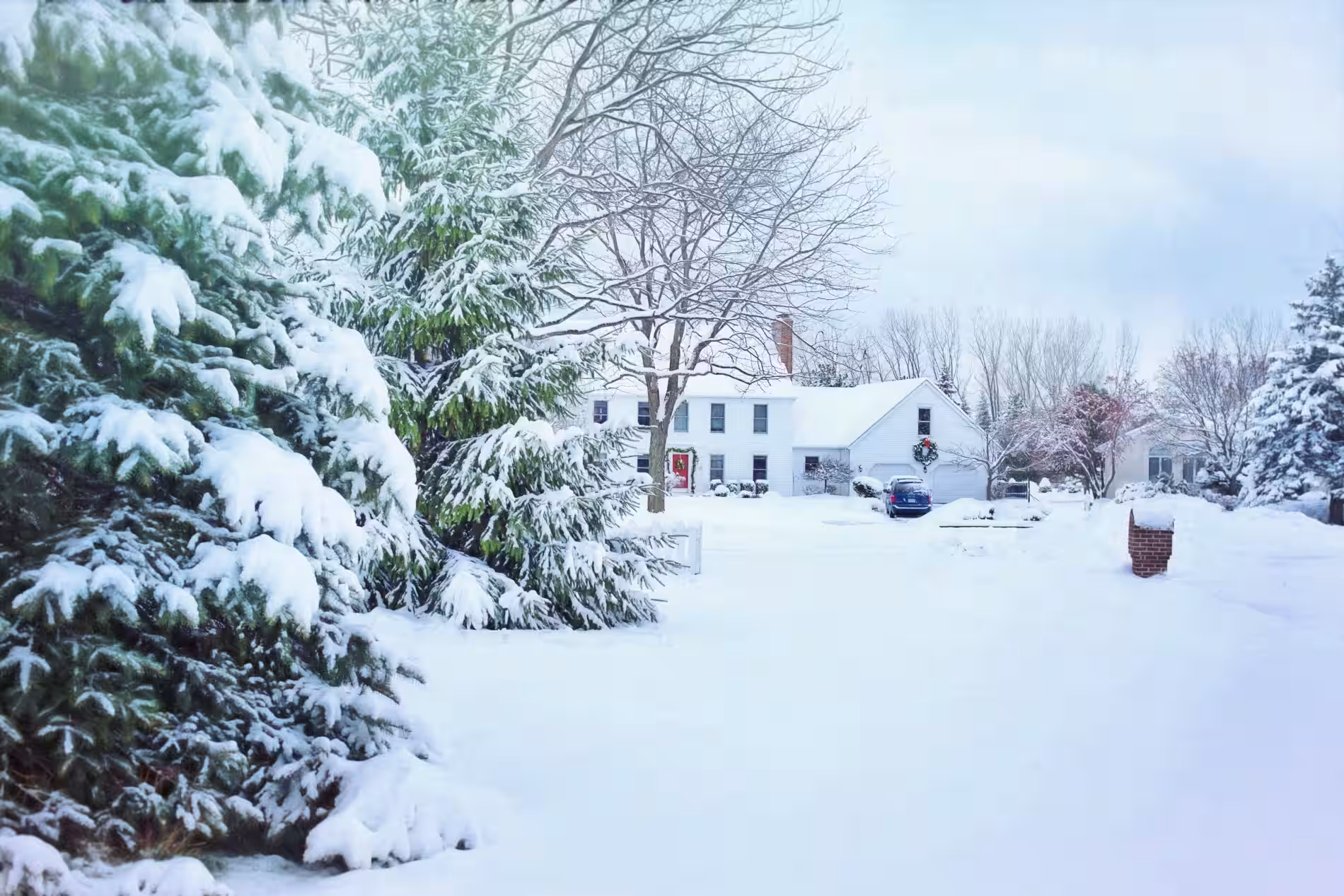Suppose you’re planning a trip away for winter and are planning on leaving your high-value home unoccupied. In that case, you must be aware of the proper precautions necessary to save you from potential disaster, especially if you don’t have high-value home insurance. Empty homes in the cold months can lead to burst pipes, dampness, and a whole range of potential frozen perils. But we’re here to guide you through common questions and issues to help your unoccupied home stay safe this winter so you can leave worry-free.
When should I notify my broker if my property will be unoccupied?
High-value home insurance products are similar when it comes to the definition of unoccupancy within a policy wording. An unoccupied property is usually defined as: A property not lived in by you or any person authorised by you for more than 60 consecutive days. Should your property become unoccupied during the period of insurance, you should notify your broker.

Why is it important to look after your unoccupied property in winter?
All homeowners, tenants and landlords need to maintain properties in the winter months. This is vital because some elements of any property must remain above a minimum temperature, or things will start to go pretty wrong, mainly freezing or burst pipes. These can be nearly impossible to spot as they are inside wall cavities and can have drastic consequences, including flooding, water damage, and potentially ruining wiring within the property. We know what you’re probably thinking: all of this sounds expensive; how can I stop this from happening? That’s where we’re here to help.
How to check for frozen pipes?
1. Odour from drains or taps?
If there is an odour in your pipes and they’re blocked, the only way that odour can travel is into your home.
2. Barely any water coming from taps?
If your pipes are frozen they’ll be blocked or partially blocked this means you’ll get a trickle of water coming out, if any at all.
3. Frost on exterior pipes?
If you can see any of your pipes, and they are frosted, this is a key signal that they could be frozen. However, this only works if you can see or touch your pipes.
4. Physical temperature of pipes?
If you’re able to touch your pipes and have a thermostat available it can be good to get a temperature reading, anything below 2 degrees Celsius is a cause for concern.
What temperature should you leave a vacant house in winter in the UK?
A safe choice would be around 13 degrees Celsius. You can achieve this by simply keeping the heating running all day and night with the temperature set at around that temperature so around 12 – 14 degrees. If you have timed heating you could achieve this by simply running the heating when the temperature drops at night and in the early morning. However, this does rely on your property holding in the heat throughout the day. But in most cases, this should prevent your property from dropping below freezing.
Example Unoccupied Endorsement
Common Issues with unoccupied homes in winter
As the weather gets colder, any part of your property that stores or transports water can be at risk of freezing. Water pipes and tanks are likely to freeze as temperatures drop. If you plan on leaving the property unoccupied for an extended period, it can be helpful to drain them and isolate your water supply. However, a more long-term solution is insulating the pipes to protect them from the cold and avoid freezing.

How to winter-proof your unoccupied home?
Inspect the outside and inside of the home at least once every 7 days
Survey the outside of your home looking for any issues and ensure general maintenance has been taken care of. Check and clear the gutters, and check your roof to ensure coverings are intact and that there is drainage for any standing water.
Check your pipes
Run your taps to check for any leaks before winter. It can also be helpful to call in a plumber if your property hasn’t been in use for a while. They will be able to do an in-depth survey and ensure there are no leaks. For more tips, check out our home winter maintenance checklist to help you look after your high-value home this winter.
Conclusion
It is vital that your unoccupied home is maintained properly in winter to avoid leaks, frozen pipes and any large damages. If you still need some extra peace of mind investing in high-value home insurance can help you rest assured that even if the worst happens you’ll be protected.

